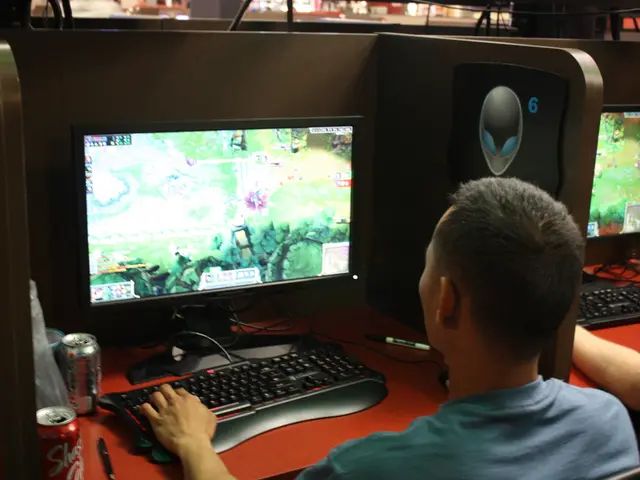Steam ceases to provide support for 32-bit versions of Windows 10
In a move towards modernising the gaming industry, Valve, the developer of Steam, has announced that it will stop supporting 32-bit versions of Windows 10 starting January 1, 2026. This decision is part of a broader trend in the industry to align with modern tools and security standards by phasing out support for older systems.
Microsoft has also announced that it will wind down support for Windows 10 overall, with mainstream support expiring on October 14, 2025. Access to new features and long-term compatibility with modern games will require Windows 11 or another 64-bit operating system.
The change won't be noticeable for most players as it mainly affects 32-bit systems. According to Steam's August 2025 Hardware Survey, only 0.01% of players are still on Windows 10 32-bit. For the rare few still using a 32-bit setup, upgrading is necessary to avoid losing access to Steam.
Steam updates will no longer be available after January 1, 2026 for 32-bit Windows 10 users. Technical support for Steam on 32-bit Windows 10 will not be guaranteed after this date. Steam's continued compatibility with 32-bit Windows 10 is considered a liability due to the system's inability to handle necessary drivers and libraries.
This decision by Valve follows similar moves by other gaming platforms. Epic Games Store and Battle.net have also phased out support for older operating systems. The gaming industry as a whole has little incentive to maintain compatibility with legacy 32-bit systems.
The industry is shifting towards 64-bit architecture, with more than 60% of players already on Windows 11 64-bit, and another 35% on Windows 10 64-bit. Microsoft's move to phase out support for Windows 10 and Valve's decision to end support for 32-bit versions of Windows 10 are part of this broader trend.
An extended security update program will be available for Windows 10 users who are willing to pay. However, for Steam users, the best course of action is to upgrade to a 64-bit operating system to ensure continued access to new features and updates.
This transition towards modern systems is a necessary step for the gaming industry to improve security, performance, and compatibility. While it may be inconvenient for a small number of users, the benefits for the majority far outweigh the costs.







